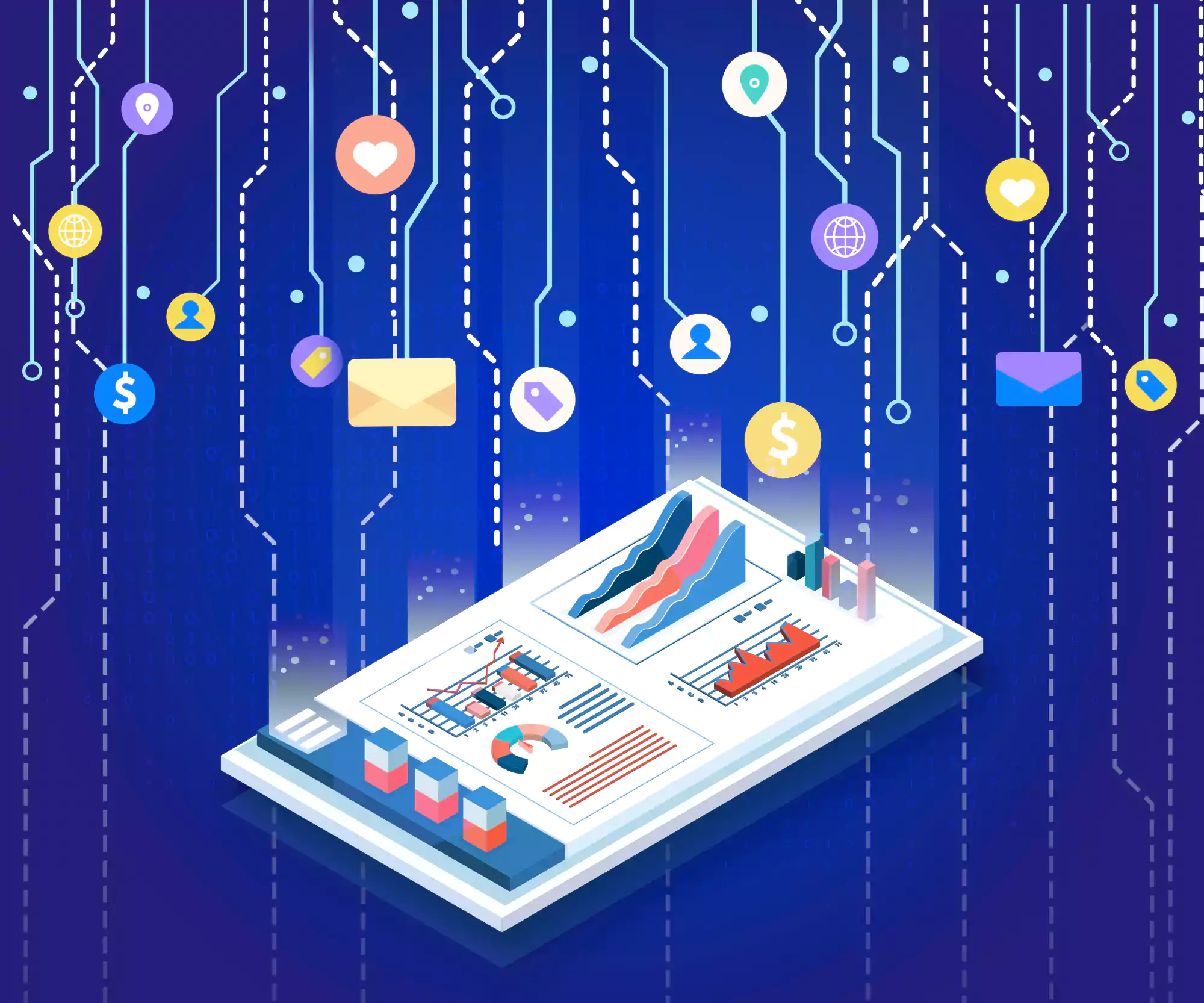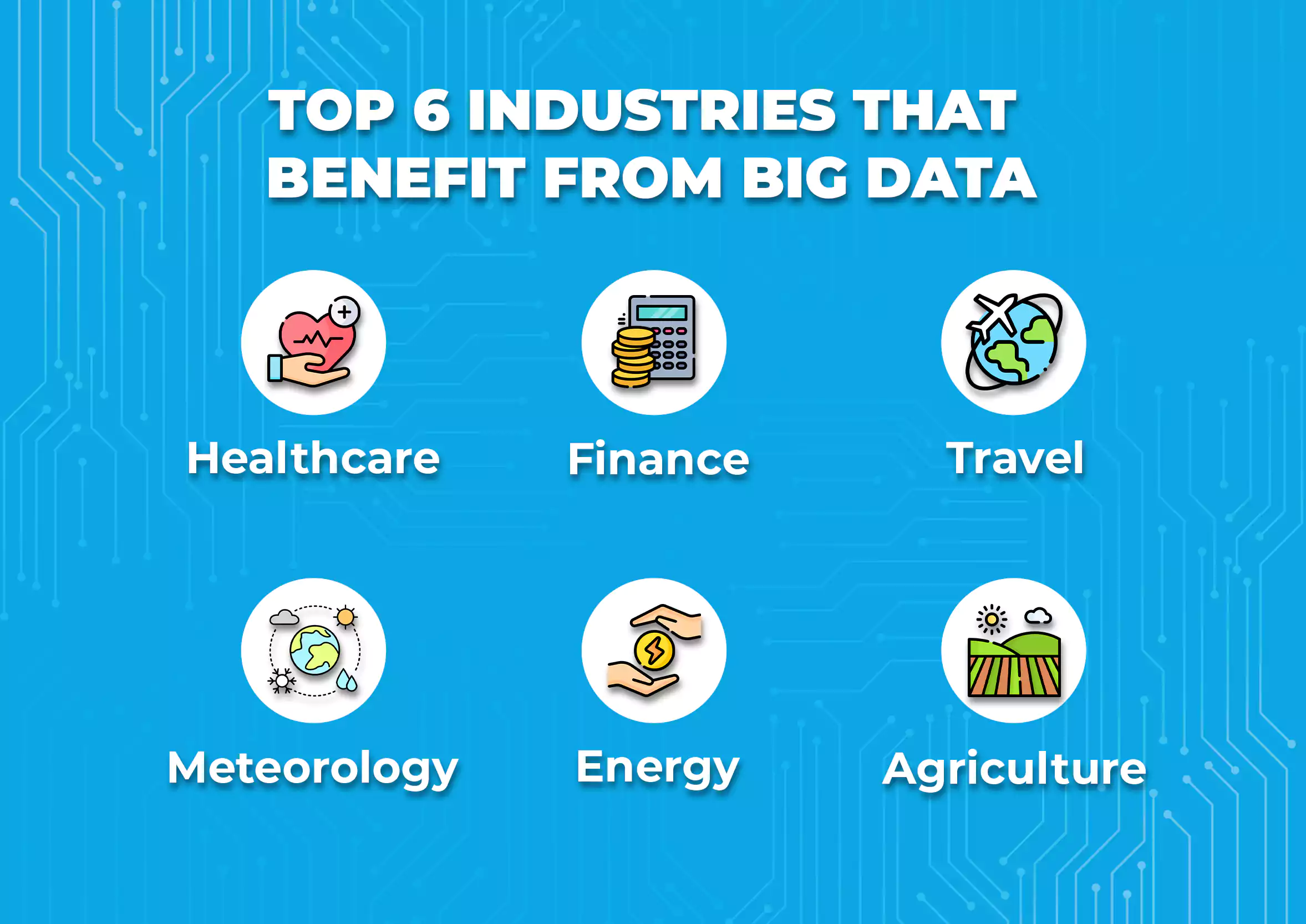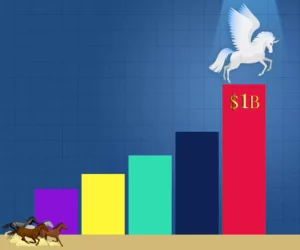
Huge databases and servers running on a massive screen are what I picture when I think of the term ‘big data’. The accurate picture, however, is much more than that. Considering the importance of big data in our everyday lives, it deserves a better explanation. So let’s get acquainted with this large-scale technology, what it offers, and the potential pitfalls.
What is big data?
Simply put, big data is a large and diverse set of information that keeps growing. What kind of information? Anything at all. The need to understand trends, behavioural patterns, and our interaction with products and services—are all information-driven. This vast and growing need has led to the birth of this technology.
The amount of data created, captured, and consumed globally is estimated to be around 64.2 zettabytes in 2020. Furthermore, it’s projected to grow to more than 180 zettabytes by 2025. These numbers are self-explanatory and scary at the same time.
The way we work, read, play, shop, and even the way we fall in love has changed significantly in the past few years. Our use of social media has grown over the years, and platforms like Instagram, Facebook, Twitter, and YouTube are attracting millions of users daily. With all that information processed and stored away, your smartphone now knows you better than your loved ones.
Why should society care about big data?
It sounds like a sizeable and impressive concept, but how does it add value to society? For starters, it serves as a medium that interprets any stack of data into usable information. Research shows that around 2.5 quintillion bytes of data are produced and circulated across the world each day. Big data makes sense of it all and works out how people can use it to create solutions for various problems.
Just think of the scope here. For instance, we know that global energy reserves are depleting. So, as a worldwide community, we are pursuing renewable energy options. In this scenario, data science can provide more accurate weather predictions. These predictions can help run wind and solar energy systems. Additionally, making weather-dependent decisions regarding agriculture and pollution control policies becomes easier. As a result, renewable energy startups gain venture capitalists’ attention—if the data shows positive investment trends.
If that seems too much of a faraway concept, consider big data’s applications in a system that affects everyone directly: healthcare. Optimising that enormous amount of data can bring greater stability to healthcare setups globally. Whether it be the treatment of patients or a clinical trial on a subject, it can guide the system through better outcomes. Let’s get even more specific. Big data can minimise the unpredictable nature of cancer treatments. Chemotherapy, for instance, will be tailored to the genetic design of cells, which can then work more effectively.
From traffic management to customised learning, big data, if used systemically, can have sweeping societal effects for the better. But now, to the business side of things, how do entire industries monetise it?

How does big data help businesses?
Everything we do has a digital component to it. Millions of images are uploaded on social media platforms every day. In addition, people upload around 720,000 hours of videos on YouTube. Those alone present ample data-crunching opportunities. Still, here are some more!
Better consumer insights
Every business wants to understand its customers better. Amazon has been doing it for years. The shopping recommendations you get are tailored to your needs exclusively. Data on past purchases gives us unique suggestions while surfing the application. Netflix is another prominent example of big data utilisation to recommend TV shows you might like. Tracking consumer behaviour in this way helps narrow down marketing strategies to a personalised level. It can enhance customer care, encourage loyalty to the brand, and adjust sales accordingly. When databases like these get analysed to draw intelligent conclusions, the time saved is extraordinary.
Improved decision-making
The business processes of a majority of organisations are data-driven. Businesses don’t run on gut feeling, and there’s no scope for impulsive or emotional decision-making. All of it takes place after proper analysis. Big data helps business owners make better decisions in various aspects—mergers and acquisitions, investments, hiring and firing. Since the information comes from studying years of competitor timelines, stock market values, and employee performance, accuracy is assured.
Challenges
It’s impossible to ignore the defining characteristic of big data.
It’s BIG.
Sometimes too big that it becomes difficult for data analysts to store it, let alone comprehend it. Organisations, therefore, use cloud networks to store big data, in a cautious bid to limit their digital carbon footprint. Also, due to its enormous volume, it’s humanly impossible to process the data. So we rely on algorithms. But the question is: can we trust these algorithms? If yes, then to what extent?
A significant concern with this technology lies in its proneness to bias. While its ability to organise massive data pools is worth crediting, the method it uses to get there is prone to tampering. Experts suggest that one must feed the algorithms balanced and representative data to prevent discrimination. For instance, suppose we were to analyse the number of successful CEOs in a particular domain. If the data we fed the algorithm were ‘males who succeeded and females who failed,’ it would ultimately lead to a flawed output. However, researchers believe that while these systems are not perfect, machine-based decisions are excellent in most situations and are better than human decisions.
There’s no new spin on it. Technology, like anything else, must be held in moderation to yield the best possible results. A well-informed appreciation of its capabilities and shortcomings is essential. And big data is no exception. It promises an abundance of actionable gains but, at the same time, poses risks. Nevertheless, if we take careful steps, artificial intelligence coupled with this business technology will be a game-changer for modern society.


